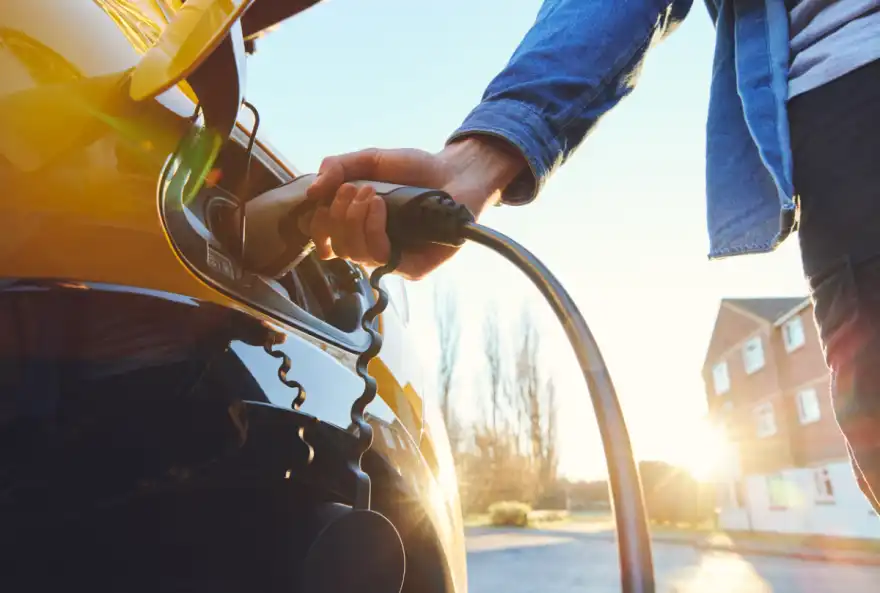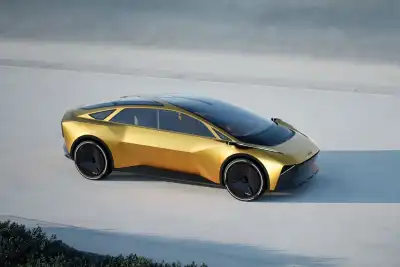
New data reveals that British drivers now have more options than ever when it comes to buying a new electric vehicle (EV). According to the Society of Motor Manufacturers and Traders (SMMT), there are now 102 models of EVs classified as ‘zero emission’ available on the market.
This year, demand for new EVs has surged by 10.6%, with over 100,000 drivers switching to electric in 2024. Nearly a third (29.3%) of all new car models are zero-emission vehicles.
SMMT also highlights the increasing range of new EVs, addressing the issue of ‘range anxiety’ among British drivers. The average EV range is now 236 miles, with some models launching later this year nearing 300 miles. Some models even offer ranges exceeding 450 miles, which is more than three times the average weekly distance driven in Britain.
Mike Hawes, SMMT Chief Executive, stated: “Manufacturers are delivering on their promises to drive down emissions and bring ever more electric car choice to consumers. More than 100 models are now available across every segment – a six-fold increase on 10 years ago – showing the pace of change.
“The industry can only do so much on its own, however, and if we are to make EVs open to all and drive the net zero transformation we all need, further support is required.
“It’s time to reform taxes on these vehicles, to make public charging more affordable, quicken the pace of chargepoint rollout and, put to bed some of the myths about these crucial vehicles. They are the future and they’re available now.”
What do EV drivers think about the current state of the industry?
According to the RAC Report on Motoring, many EV owners are dissatisfied, highlighting the challenges the industry faces as it grows.
Only 43% of the 2,937 drivers surveyed find it easy to use public charging points, and 79% have encountered non-working public charging points. Over half (54%) have had to wait for a public charging point multiple times in the past year, and 42% are using public charging less due to increased costs.
Despite this, 70% of drivers believe it’s reasonable for the fastest public charging points to cost more, and 88% think more of these fast chargers should be added to the national network.
A significant majority (82%) believe there are too many apps and websites for public charging, and three-quarters (74%) say the VAT on electricity from public charging points should be reduced from 20% to 5%, matching the rate for domestic power.
Nevertheless, only 17% say rising electricity costs have made them consider going back to petrol or diesel vehicles.


